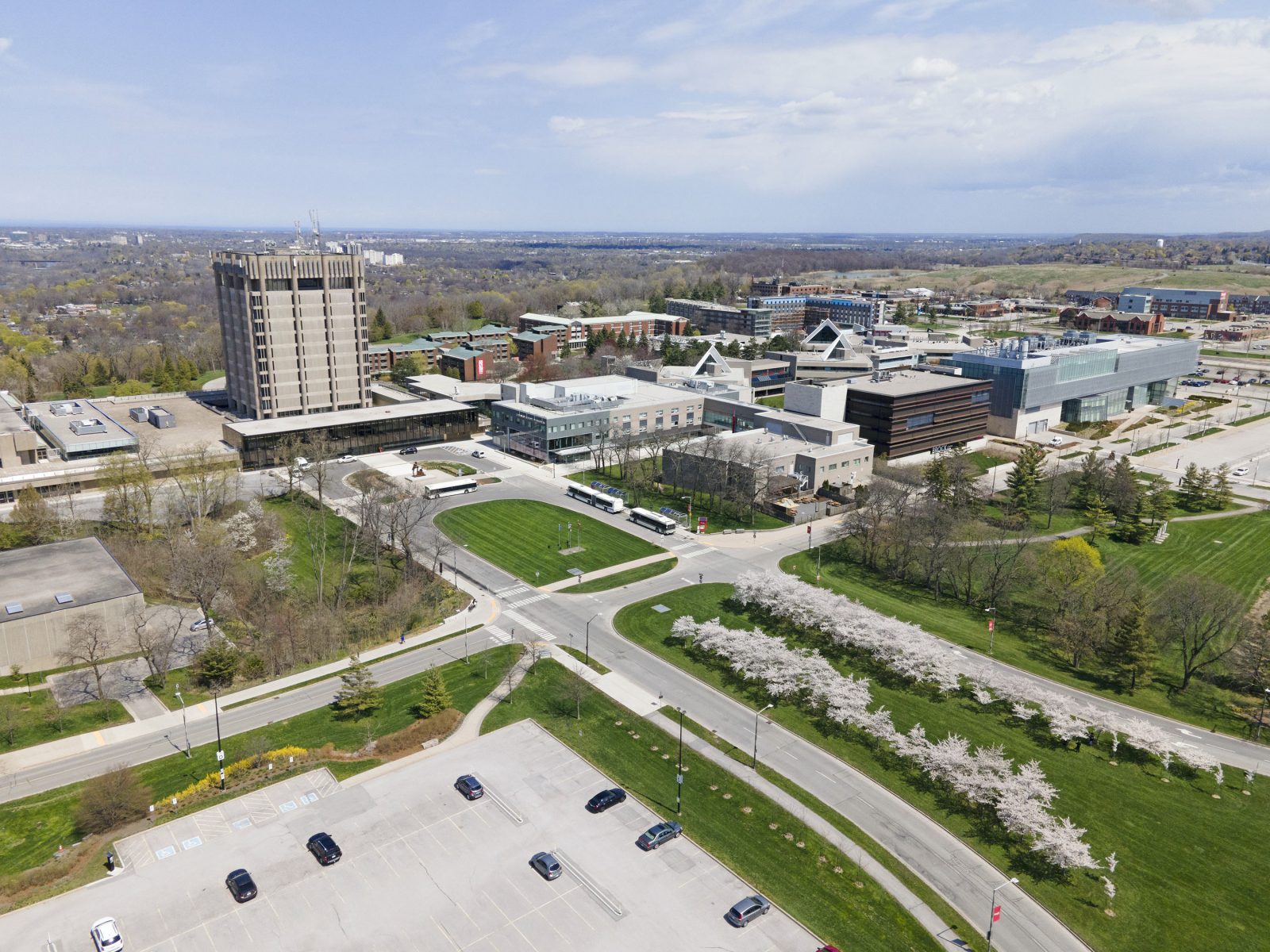With so many charities competing for a limited number of dollars, it’s hard to know who to support. Donors want to make sure groups they fund are using the money responsibly.
Professor of Accounting Hemantha Herath is among those challenging the conventional way charities calculate and report their program expenses.
With funding from the federal government’s Social Sciences and Humanities Research Council of Canada (SSHRC), Herath is researching how data science techniques can be integrated into current reporting methods to give a fuller picture of charities’ performances.
Herath is among eight Brock University researchers awarded SSHRC’s Insight Grant, announced Thursday, June 16 by François-Philippe Champagne, Minister of Innovation, Science and Industry.
Brock University received more than $1.1 million in the latest round of Insight Grants, which support research excellence and are judged worthy of funding by fellow researchers and/or other experts. The research can be conducted individually or by teams.
“SSHRC’s investment in our research enables our scholars to contribute valuable insights into our collective understanding of a wide range of challenges faced in society,” says Brock’s Vice-President, Research Tim Kenyon.
In Herath’s case, he will use his funding to research how to recalculate the program expense ratio, which measures costs incurred by programs, services and other activities fulfilling a non-profit’s mission compared to its total costs.
Herath is exploring how to integrate statistical techniques, including cluster analysis, which groups data that share similar properties, and text mining, which involves the process of examining large collections of documents to discover new information, into the accounting process.
“This data-driven approach will generate more reliable information that will help donors, resource providers and the public evaluate the effectiveness of non-profit organizations so that they can make better funding decisions,” he says.
Brock researchers awarded Insight Grants in 2022 are:
- Julia Baird, Associate Professor, Environmental Sustainability Research Centre and the Department of Geography and Tourism Studies, Faculty of Social Sciences, “Individual interventions to transform water governance”
- Angela Book, Associate Professor, Psychology, Faculty of Social Sciences, “The Social Predator Hypothesis of Psychopathy”
- Timothy Fletcher, Associate Professor, Kinesiology, Faculty of Applied Health Sciences, “Champions for Meaningful Physical Education”
- Hemantha Herath, Professor, Accounting, Goodman School of Business, “How to Choose a Charity: A Data Science Based Investigation”
- Shannon Kerwin, Associate Professor, Sport Management, Faculty of Applied Health Sciences, “Signaling Change: Exploring Gender EDI and Human Resource Management Practices, Board Gender Composition, and Board Outcomes in Non-profit Sport Governing Bodies”
- Sean Locke, Assistant Professor, Kinesiology, Faculty of Applied Health Sciences, “Understanding how reframing inaccurate barrier perceptions promotes physical activity participation”
- Bradley Millington, Associate Professor, Sport Management, Faculty of Applied Health Sciences, “Sport and the digital economy: A case study of the Canadian sports analytics industry”
- Elizabeth Sauer, Professor, English Language and Literature, Faculty of Humanities, “Reorienting English National Consciousness: Renaissance to Late Restoration”
Also announced June 16 are Stage 1 of SSHRC’s Partnership Grants, which provide support for new and existing formal partnerships over four to seven years to advance research, research training and/or knowledge mobilization in the social sciences and humanities.
Brock University’s two awards, totalling $39,882, are:
- Jennifer Roberts-Smith, Professor, Dramatic Arts, Marilyn I. Walker School of Fine and Performing Arts, “Staging Better Futures/Mettre en scène de meilleurs avenirs”
- Teena Willoughby, Professor, Psychology, Faculty of Social Sciences, “The impact of technology use on adolescent risk behaviours and wellbeing over time: A collaborative approach focusing on partnerships and comparisons across different research approaches”


